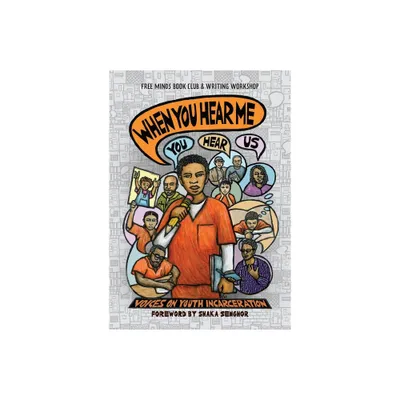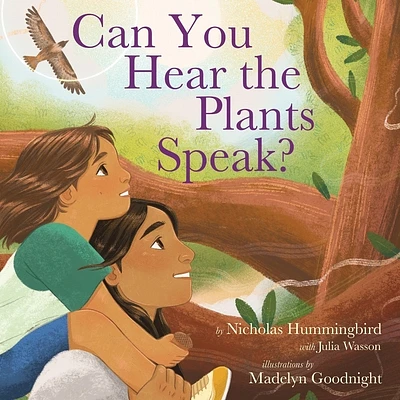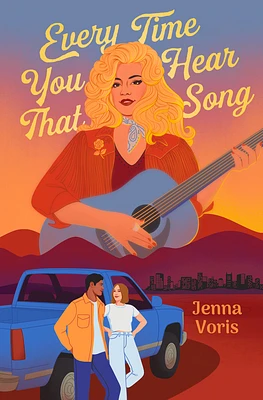Home
Didn't You Hear?
Loading Inventory...
Barnes and Noble
Didn't You Hear?
Current price: $21.99


Barnes and Noble
Didn't You Hear?
Current price: $21.99
Loading Inventory...
Size: OS
*Product Information may vary - to confirm product availability, pricing, and additional information please contact Barnes and Noble
Widely available for the first time as part of
Sacred Bones
'
Mort Garson
reissue campaign,
Didn't You Hear?
is an album so rare it makes
Mother Earth's Plantasia
look like
Sgt. Pepper's Lonely Hearts' Club Band
. The soundtrack to director Skip Sherwood's 1970 film about an alienated college freshman who imagines himself as the captain of a ship that sails to different islands, it was originally available only in the lobby of the Seattle theater where it was screened. Not long after the film's release, it went out of print. One of the first entirely electronic film scores,
finds
Garson
echoing the escapism of the movie's story with his trusty Moog synthesizer. As his compositions veer from idyllic to nightmarish and back again, he uses the strangeness of the synth's artificial flute, strings, harpsichord, and brass expertly. "Didn't You Hear?" could be an uncanny valley version of "Windmills of Your Mind" and the other baroque singer/songwriter pop that dominated that era's movie theme songs. Even pieces such as the tender "Kevin and Paige" and "Walk to Grange Hall," a bit of bouncy incidental music that seems spliced in from another film, feel ever so slightly off. That feeling increases dramatically elsewhere on
, which rivals
Lucifer
's
Black Mass
and
Ataraxia
The Unexplained
as a showcase for
's talent at conjuring unsettling sounds from the Moog. "No Smoking"'s discordant drones and strafing tones make it one of his most abrasive compositions; "Bamboo City" hurtles along on berserker arpeggiated percussion; and "Dream Sequence 1" pairs prickly tones with a relentless synth bass that sounds like it's a few years too early for Space Invaders.
's score is so arresting that it's hard not to imagine it overpowering the film itself. As he pushes his music to the limit on
, the results add another fascinating perspective to his legacy. ~ Heather Phares
Sacred Bones
'
Mort Garson
reissue campaign,
Didn't You Hear?
is an album so rare it makes
Mother Earth's Plantasia
look like
Sgt. Pepper's Lonely Hearts' Club Band
. The soundtrack to director Skip Sherwood's 1970 film about an alienated college freshman who imagines himself as the captain of a ship that sails to different islands, it was originally available only in the lobby of the Seattle theater where it was screened. Not long after the film's release, it went out of print. One of the first entirely electronic film scores,
finds
Garson
echoing the escapism of the movie's story with his trusty Moog synthesizer. As his compositions veer from idyllic to nightmarish and back again, he uses the strangeness of the synth's artificial flute, strings, harpsichord, and brass expertly. "Didn't You Hear?" could be an uncanny valley version of "Windmills of Your Mind" and the other baroque singer/songwriter pop that dominated that era's movie theme songs. Even pieces such as the tender "Kevin and Paige" and "Walk to Grange Hall," a bit of bouncy incidental music that seems spliced in from another film, feel ever so slightly off. That feeling increases dramatically elsewhere on
, which rivals
Lucifer
's
Black Mass
and
Ataraxia
The Unexplained
as a showcase for
's talent at conjuring unsettling sounds from the Moog. "No Smoking"'s discordant drones and strafing tones make it one of his most abrasive compositions; "Bamboo City" hurtles along on berserker arpeggiated percussion; and "Dream Sequence 1" pairs prickly tones with a relentless synth bass that sounds like it's a few years too early for Space Invaders.
's score is so arresting that it's hard not to imagine it overpowering the film itself. As he pushes his music to the limit on
, the results add another fascinating perspective to his legacy. ~ Heather Phares

















